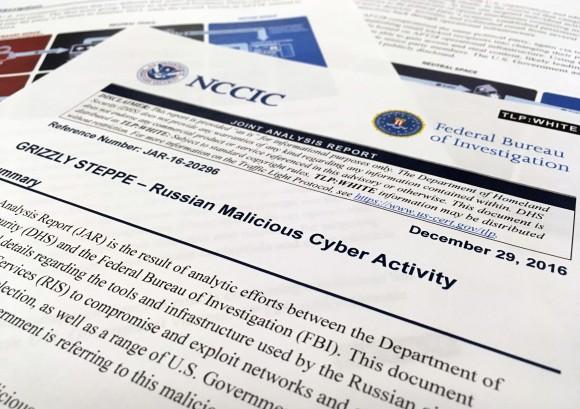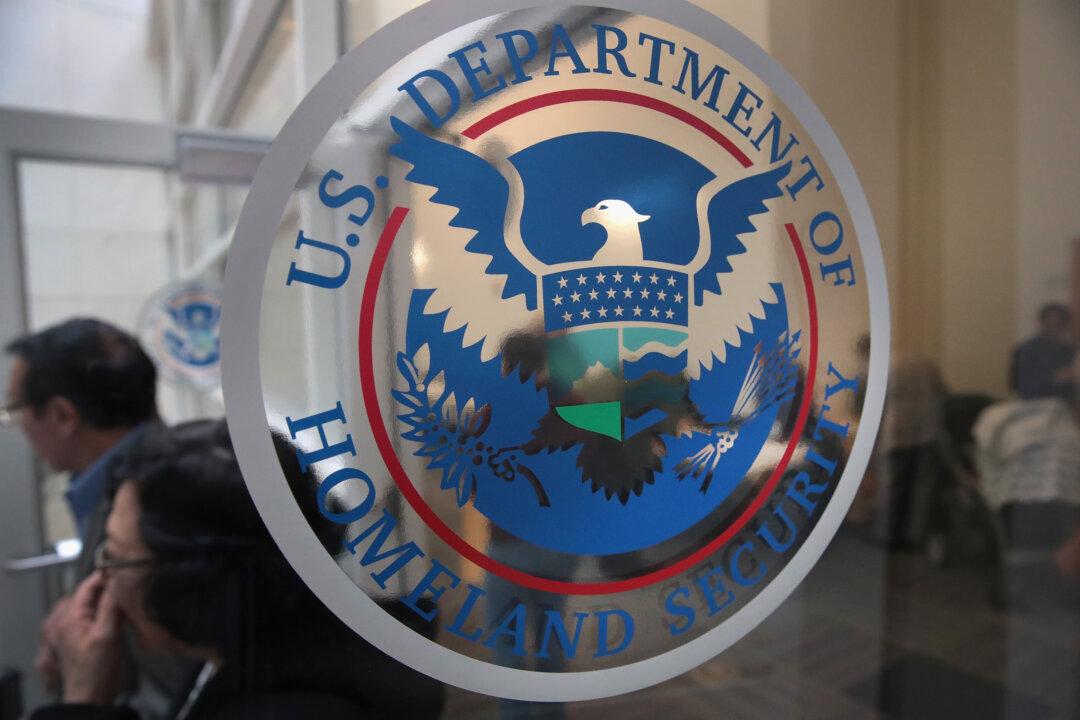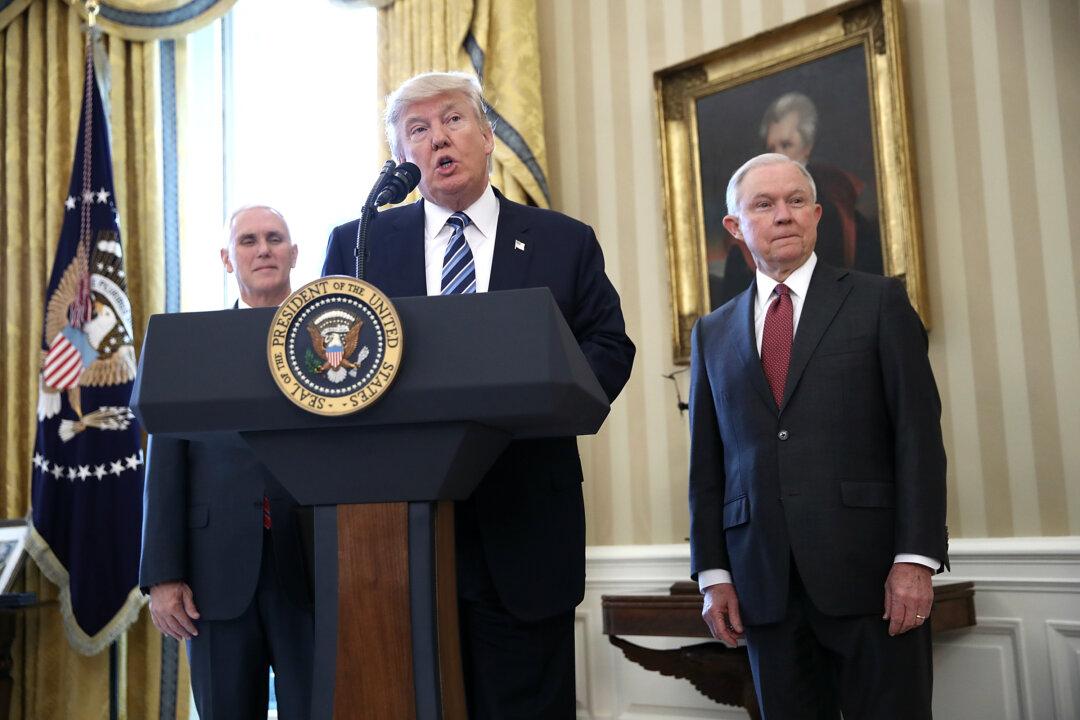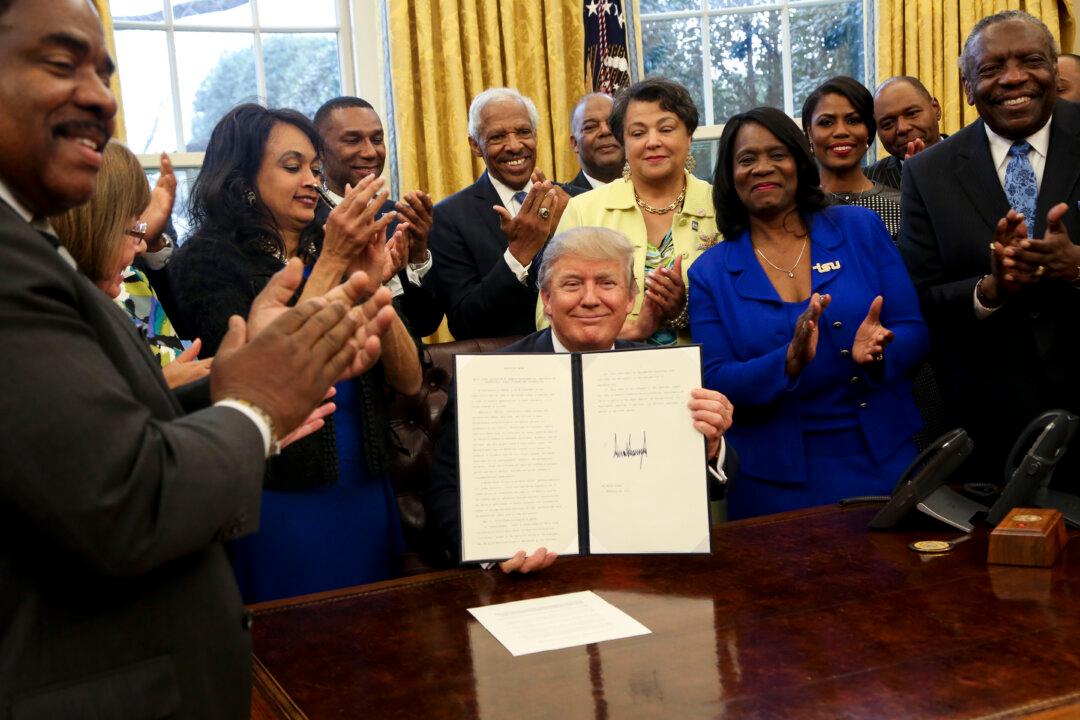Vice President Mike Pence’s home state of Indiana joined Idaho and Georgia this week in accusing the Department of Homeland Security (DHS) of hacking their electoral system.
It’s the latest case where IT experts confirmed a scanning assault on a state’s election systems that leads back to a DHS IP address. “Scans” are attacks used to test the security of a network, the electronic equivalent of “rattling doorknobs” to see if they’re unlocked.
DHS officials scanned Indiana’s electoral systems thousands of times over a period of 46 days beginning while Mike Pence was still the governor of Indiana.
“We know that between Nov. 1 and Dec. 16, we were scanned with about 14,800 scans, nearly 15,000 different times,” DHS Indiana Secretary of State Connie Lawson told The Daily Caller.
Under DHS rules, federal officials are barred from attempting to penetrate a state system without the state’s permission, which neither Georgia nor Indiana gave.
IT director for the Indiana secretary of state Thomas Vessely told The Daily Caller that “we kindly declined [DHS] assistance because we were very comfortable in the work we were doing in monitoring our election system.”
In Idaho, Secretary of State Lawerence Denney said that his state had detected attempts to hack the state’s election system on Nov. 8, 2016.





